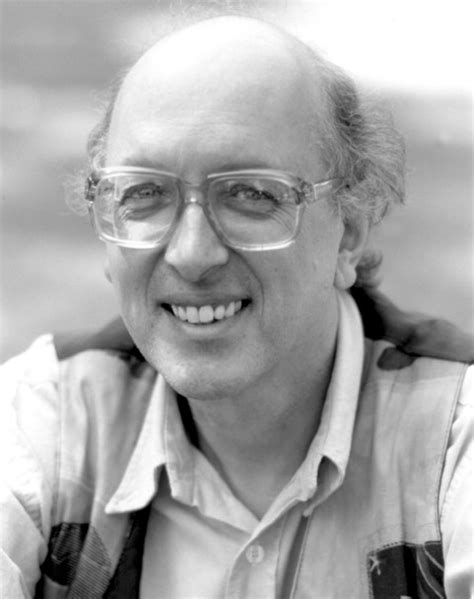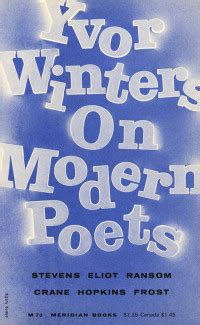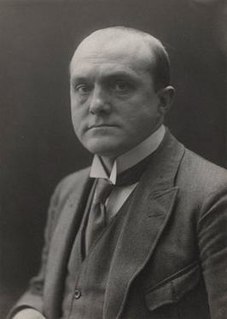A Quote by F. David Peat
On the one hand, our minds try to probe the ephemeral reality of the quantum world; on the other, we talk, think, and act in a language adapted for discussing trees, rocks, and automobiles -- as well as poetry and emotions.
Related Quotes
Ancient wisdom and quantum physicists make unlikely bedfellows: In quantum mechanics the observer determines (or even brings into being) what is observed, and so, too, for the Tiwis, who dissolve the distinction between themselves and the cosmos. In quantum physics, subatomic particles influence each other from a distance, and this tallies with the aboriginal view, in which people, animals, rocks, and trees all weave together in the same interwoven fabric.
I found everything so remote but, at the same time, familiar when I occasionally looked into the mountains, rocks, pine trees and plums depicted in old literati paintings. My innermost feeling which was awakened by the same mountains, rocks, pine trees and plums has been totally and utterly changed. Moreover, like an apparition, it hides deep down in my vessels. The very trees and rocks have become the storage of memories and emotions from various eras. Forced by the rapid change of time and perspective, I cannot help but feel urged to face up to these things once again.
We call our intuition our sixth sense, but in reality it would be called our first sense, because it's rooted in quantum nature of reality. It was around long before our solar system and our planetary system were even formulated or even organized. It is at the basis of how our normal sensing works. So instead of being our sixth sense or even â€" using the parapsychological term â€" "extrasensory perception," it's not. It's at the basis of our perception, and that's the quantum world.
Our lives aren't even about doing real things most of the time. We think and talk about people we've never met, pretend to visit places we've never actually been to, discuss things that are just names as though they were as real as rocks or animals or something. Information Age - Hell it's the Imagination Age. We're living in our own minds. No, she decided as the plane began its steep descent, really we're living in other people's minds.
We will enjoy ourselves with the forms that are given us: a human face, a hand, the breast of a woman or the body of a man, a glad or sorrowful expression, the infinite seas, the wild rocks, the melancholy language of the black trees in the snow, the wild strength of spring flowers and the heavy lethargy of a hot summer day when Pan, our old friend, sleeps and the ghosts of midday whisper. This alone is enough to make us forget the grief of the world, or to give it form.
To live in a world of photographs is to live in a world of substitutes... or so it seems, whose actual referent is always the other, the described, the reality of a world once removed. I prefer, on the other hand, to look at the photographs as something real and of my world, a strange and powerful thing... part of a language, a system of communication, an economy of signs.




































